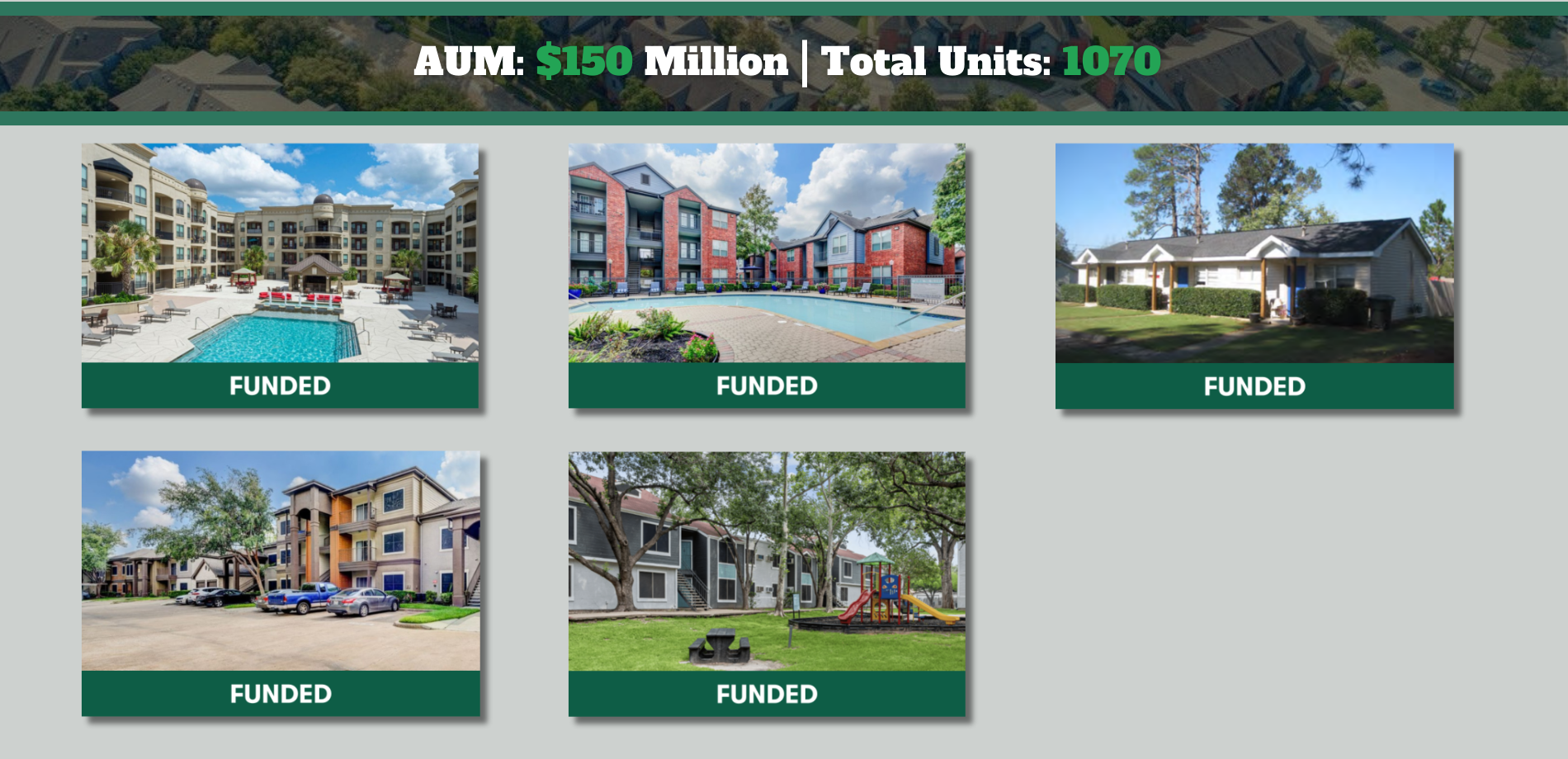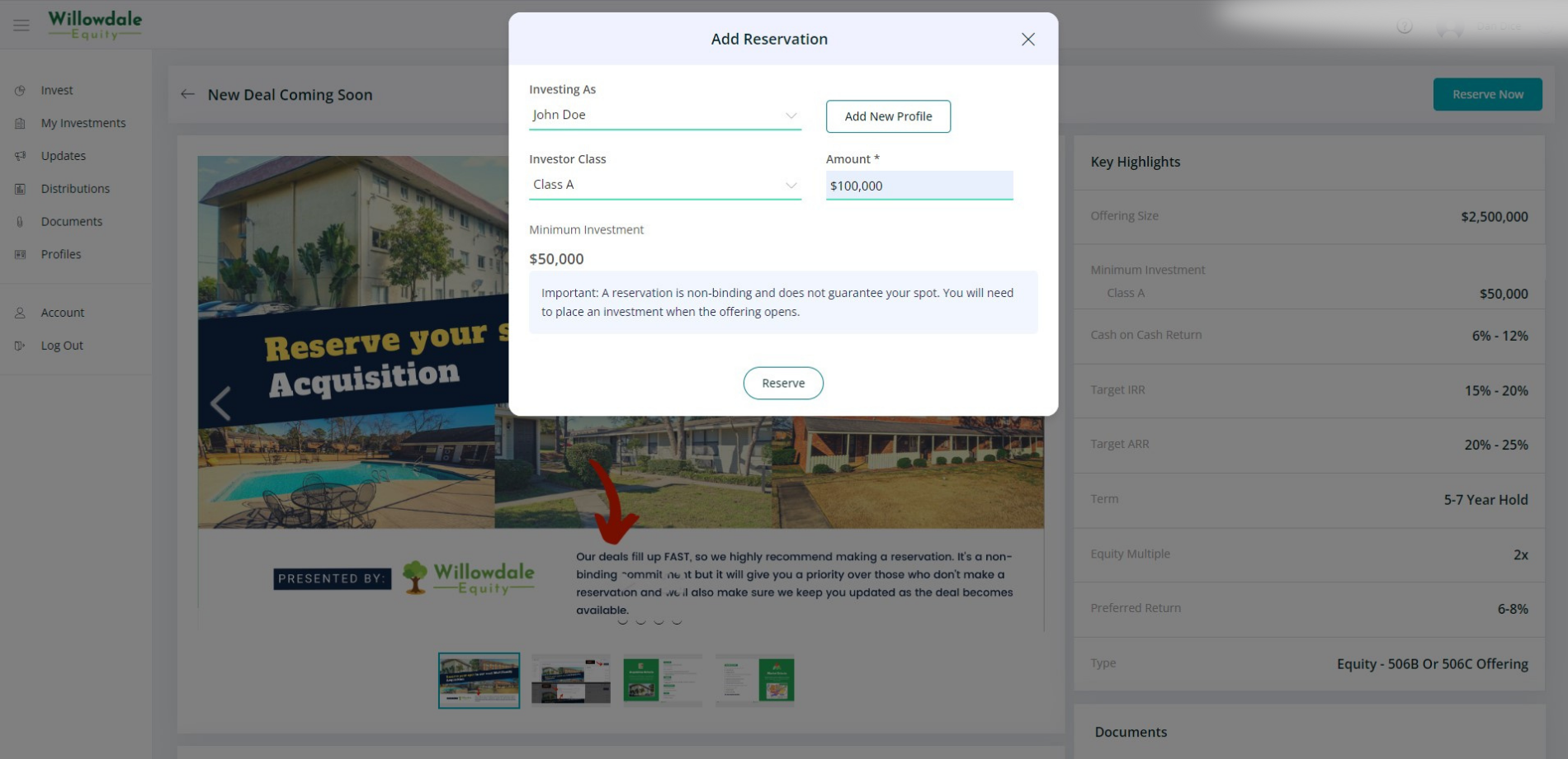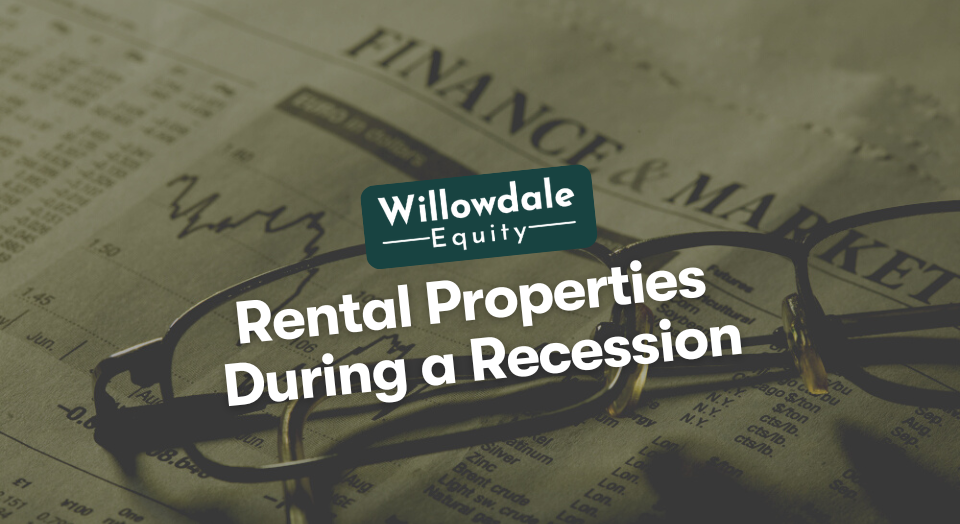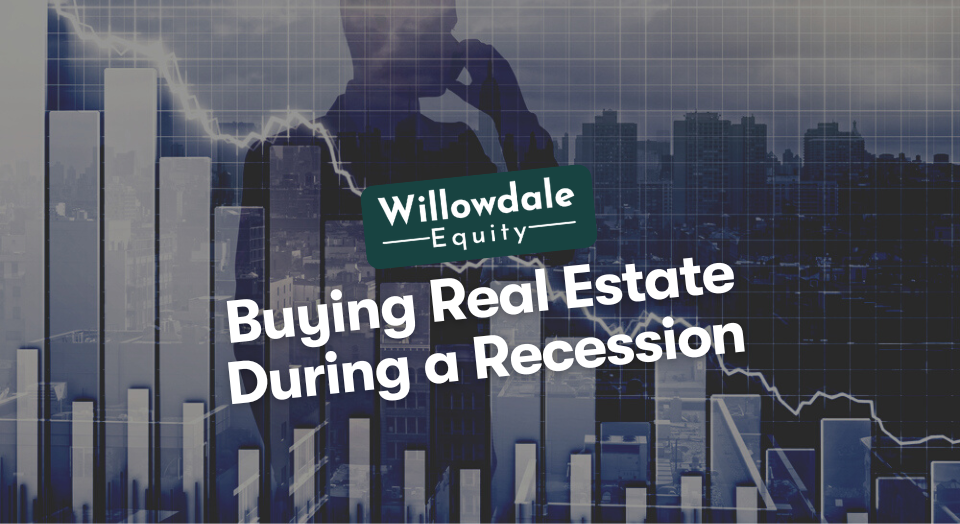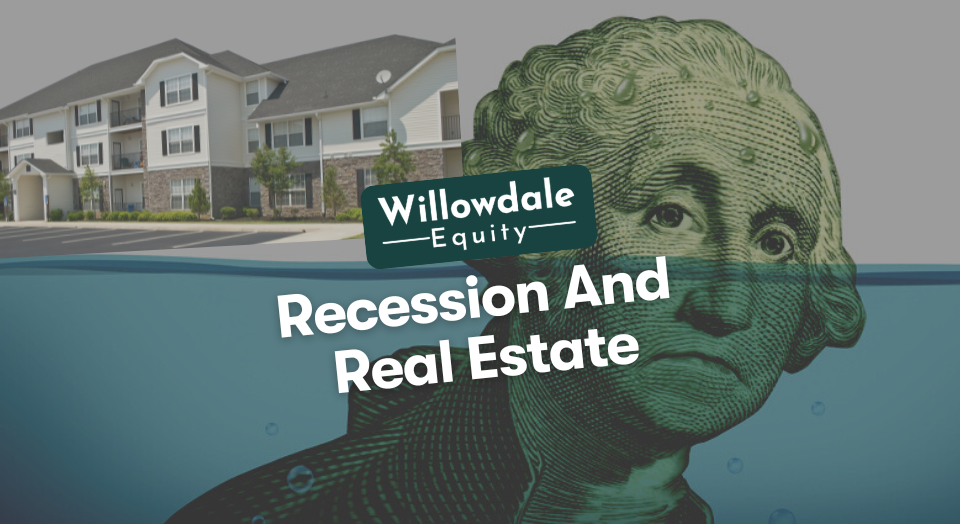
What Happens in a Recession to Real Estate? (Recession And Real Estate)
This article is part of our guide on buying real estate during a recession, available here.
According to a recent survey, 70 percent of Americans believe that a recession will occur in 2022, while 68 percent of the elite academic economists surveyed by the Financial Times believe it will occur sometime in 2023.
Many homebuyers and real estate investors are worried about the real estate market and how a recession will affect buying a home or investing in property, regardless of whether or not one happens.
The reality is that many homeowners weather economic downturns without issue. Economic cycles include recessions. Thus they are to be expected. Recessions can, however, have significant and even disastrous effects on the real estate market. Everything you need to understand about recessions and their effects on the housing market and real estate is covered in this article.
Key Takeaways
-
Recessions can occur for several reasons, including significant economic shocks. For example, the early 2000s recession was brought on by the ultimate dot-com bubble burst in the 1990s. The coronavirus pandemic caused companies and economies to collapse globally and is to blame for the most recent downturn.
-
During a recession, the Federal Reserve typically reduces interest rates to make financing more affordable and to boost economic activity, especially in the housing market
-
Although rent prices should, in theory, decline significantly during a recession, they rarely change. No matter how the GDP changes, people still need a place to live.
Recession Definition - (Recession and Real Estate)
An economic downturn that affects the entire economy and lasts longer than a few months is known as a recession, as per the National Bureau of Economic Research (NBER).
This downturn is typically reflected in industrial output, real GDP, employment, real income, and wholesale-retail sales. When the economy is at its most active, a recession starts right after it and concludes when it is at its weakest. The economic cycle between its trough and peak is one of expansion. The economy is often in an expansionary phase; recessions are uncommon and typically only last a few months.
How do Recessions Occur?

Recessions can occur for several reasons, including significant economic shocks. For example, the early 2000s recession was brought on by the ultimate dot-com bubble burst in the 1990s. The coronavirus pandemic caused companies and economies to collapse globally and is to blame for the most recent downturn.
The housing market and real estate are usually significantly impacted by recessions. Fewer people may have the means to purchase homes while the economy is struggling. The following section covers the impact of a recession on real estate in more detail.
What Happens in a Recession to Real Estate?
Global economic conditions fluctuate in cycles, and the real estate market is no different. There will be a day when home prices will drop significantly, making investors in this industry regret their losses. During this time, most investors will be smiling at the bank.
What is the fundamental reason for a real estate crash? Recession.
Understanding the term “housing recession” is crucial before learning how it can affect the real estate industry.
“Speculations” are typically to blame for housing recessions. What is speculating all about? Investors use this practice when they purchase homes to sell them for enormous profits later. High demand caused by speculation always drives up housing prices.
An ultimate crash is looming as more speculators join the party. As interest rates rise, mortgage and loan borrowers will find it challenging to pay off their debts during an economic slump. Most investors will want to sell their houses for less money to stay afloat, making way for lower pricing in certain areas are product types.
Although a housing recession can have a detrimental effect on a country regardless of how healthy its economy is, it’s important to understand that these events are frequently brief, indicating that economic recovery may happen quickly. However, several factors could make this recession last a very long period.
What Causes it?
What causes a real estate or housing recession? A housing or real estate recession is mostly brought on by factors such as affordability, false demand, and hardcore economic recession. When a property’s acquisition value is high, and demand declines, real estate investors must lower prices because these properties won’t sell themselves. Demand is unchanged despite the price reduction since prospective purchasers are hesitant to purchase that particular piece of property.
More and more investors are looking for loans and mortgages to acquire homes and resell them at high prices due to “speculation.” With this possibility and reduced mortgage rates, more people are likely to buy homes, creating a false impression of demand.
The economy slows down when there is a recession, causing misery everywhere. As a result, as individuals become more preoccupied with making a living and satisfying ends, the demand for homes declines.
The Great Recession and Housing

The housing bubble caused the Great Recession, which lasted from the last month of 2007 to June 2009. The mid of 1900s to the middle of the 2000s saw a sharp increase in housing prices, with the average home price rocketing from 2000 to 2007 by over $100,000.
One would ponder why mortgages were first granted to high-risk borrowers who otherwise wouldn’t be approved for loans by lenders. These mortgage lenders then repackaged the loans, making them appear far less dangerous than they were before selling them.
Many people who took out mortgages were ultimately unable to make their payments. Since there were no longer any high-risk mortgages offered, lenders of subprime mortgages began declaring bankruptcy or closing, which caused a decline in home prices and a subprime mortgage collapse. As financial institutions became more cautious, even lower-risk mortgages became increasingly challenging to find.
Repossessions proliferated, foreclosures soared, and more properties were sold on the sluggish property market. With rising interest rates and many homeowners unable to afford their loans, housing values plunged. It was often preferable for borrowers to foreclose on their homes and walk away from their debts than to continue making large mortgage payments on undervalued properties.
In the end, hundreds of banks that had made significant investments in financial securities backed by mortgages and subprime mortgages also failed. The real estate market and the economy, in general, eventually recovered. But the Great Recession taught individuals and lenders about the risks of taking on too much debt to buy a home.
Homebuyers and real estate investors can also learn lessons from the Great Depression of the 1920s and 30s should another such event occur.
What Happens to Real Estate During a Depression?
The Great Depression of the 1920s and 1930s, perhaps more than any other period in American history, best demonstrates the intimate relationship between national economic success and Americans’ capacity to acquire and maintain housing.
In 1929, bank robberies followed the stock market collapse, and widespread unemployment followed not next. Incredibly, 273,000 Americans lost their houses in 1932, and a much greater number experienced foreclosure the following year. When the brutal stagflation struck, Americans did not have the resources to keep up with home payments.
The Great Depression is an important cautionary tale about not going overboard on property purchases. It is one lesson we must take away from the suffering of the late ’20s and ’30s, even if many people who lost their houses during the Depression were not living luxuriously.
Rates and Wage Growth
While wage growth is already falling behind inflation, when you include in 20% annual increases in property prices and double-digit rental growth, it becomes clear why many cannot afford today’s prices even with higher mortgage rates.
During a recession, the Federal Reserve typically reduces interest rates to make financing more affordable and to boost economic activity, especially in the housing market. But given the Fed’s recent efforts to quickly boost rates to combat surging inflation following the COVID-19-related recession, that is currently not an option. Consumers will feel the effects of the ongoing rise in oil, gas, and food prices, which will probably make homes even more unaffordable.
People may put their homes on the market when they move for new work during a recession, typically characterized by significant unemployment. Additionally, it can result in more foreclosures, raising inventory levels. Prices will probably decrease due to increased supply when demand is already declining. But it’s unlikely that home values would plunge dramatically as they did during the Great Recession.
In addition to home values, rent prices are another critical consideration for real estate investors in a recession. The following sections look into it.
Do Rent Prices Go Down in a Recession?

Theoretically, you’d anticipate that the rental market would be more affordable during a downturn. Rent may reduce somewhat, or at the very least stabilize without yearly increases, if you reside in a location far from major cities and offers fewer employment prospects.
Sadly, your rent may increase if you reside close to a big city. People looking for work in an area where they are theoretically more likely to find it will be more interested in apartments close to a populated area.
Although rent prices should, in theory, decline significantly during a recession, they rarely change. No matter how the GDP changes, people still need a place to live.
The demand for rental property may even increase during recessions. After all, fewer people can afford to purchase residences and become homeowners.
However, renting for more than average will result in disproportionate evictions. Rent reductions can help keep your tenants, who will generate significantly more revenue than empty units. To maintain the health of your business while renting property during a recession, you might have to make some compromises in terms of profit margins.
At this point, you may want to know what real estate asset classes perform best in a recession to continue producing a consistent cash flow.
What Real Estate Asset Classes Performs the Best?
People want to know where to put their hard-earned dollars to safeguard themselves against inflation and a recession.
Private real estate investments are the answer because they give you all the tax benefits of direct ownership in investment properties like multifamily apartment buildings. Multifamily real estate is one of the best real estate asset classes, with some of the highest potential for capital growth. It is a dependable investment that produces cash flow and appreciation.
Additionally, a multifamily property spreads the risk across multiple units, improving risk tolerance during a downturn. Assume that one family moves out, leaving the apartment empty for a month with no income. Other families still live there in the interim, which allows you to better cushion underperformance or vacancy. Even if one tenant starts to cause issues and doesn’t make payments on time, you still have several other tenants will, producing cash flow even during a recession.
Frequently Asked Questions about a Real Estate Recession
The possibility of losing a job or facing unsustainable bills is one of the main hazards facing people during a recession. Being financially secure makes it simpler to overcome uncertainty when you have a substantial cash reserve on your side.
A decline in overall economic activity lowers disposable income, results in employment losses, and fewer job openings, which lower home demand. A recession is especially risky. Supply and demand are in equilibrium due to the exhaustion of demand, which also slows the high rate of the housing price increase.
What Happens to Real Estate During a Recession – Conclusion
What will happen to real estate investors during the recession? We hope that this article answers your question. Although we cannot predict the future, the Great Recession of 2008 and the Great Depression of the 1920s and 30s should provide some insight into what lies ahead.
Recessions are never good, but by following the advice above, you’ll be able to face this unfavorable situation confidently. Making the appropriate investments is essential because you’ll have to prepare for this circumstance.
Join the Investors Club to learn more about what happens to real estate in a recession and how you can minimize the effects through private investment opportunities in value-add multifamily real estate.
Sources:
- Investopedia, “Recession: Meaning in Economics with Causes”
- Investopedia, “The Great Recession’s Impact on the Housing Market”
- Investor Place, “What Happens to Home Prices During a Recession?”
- Forbes, “What Real Estate’s American Past Tells Us about Its Future”
- Sound Dollar, “The Impact of Recessions on Housing and Real Estate”
- Porch, “How a Recession Affects Homeowners and Buyers“
The Willowdale Equity Investment Club is a private group of investors that are looking to passively grow their capital and share in all the tax benefits through multifamily real estate investments.
